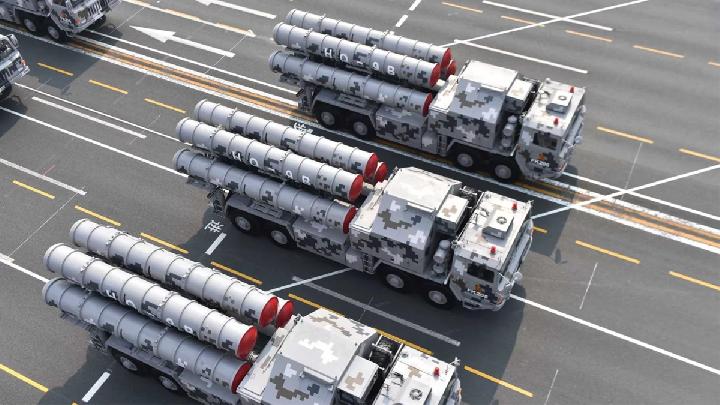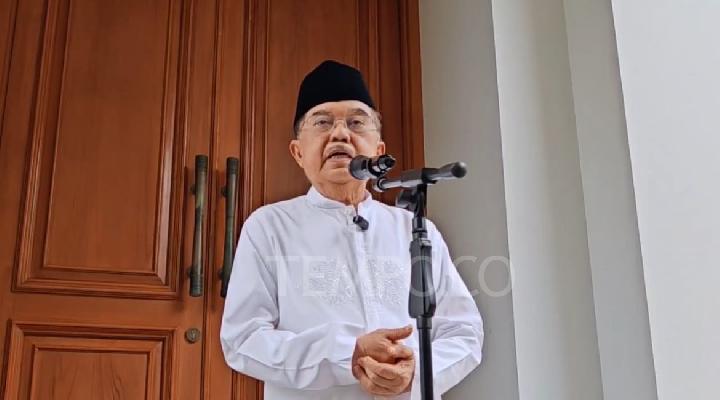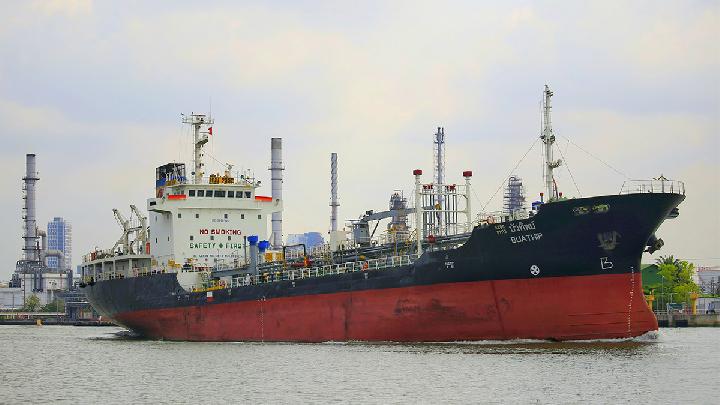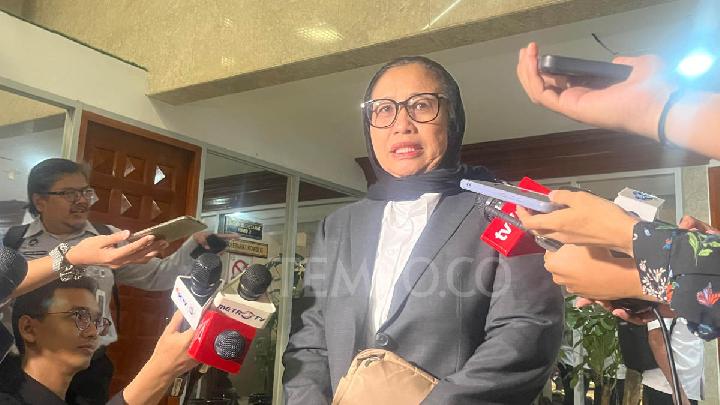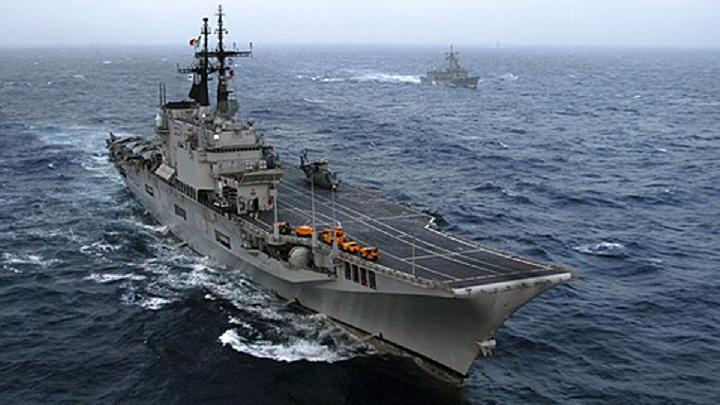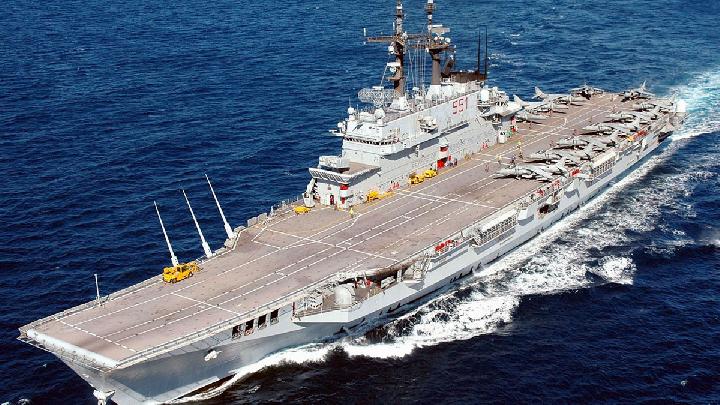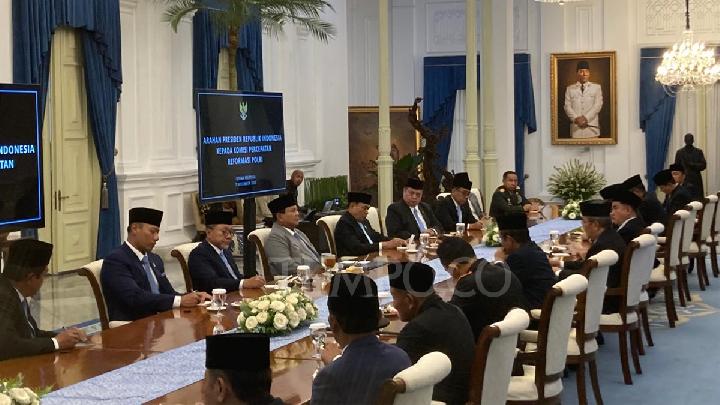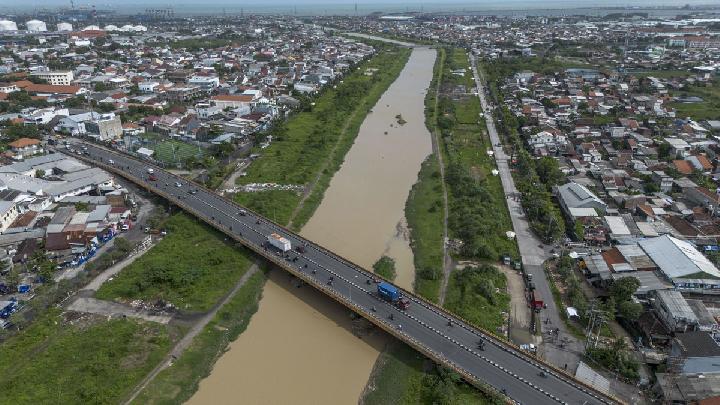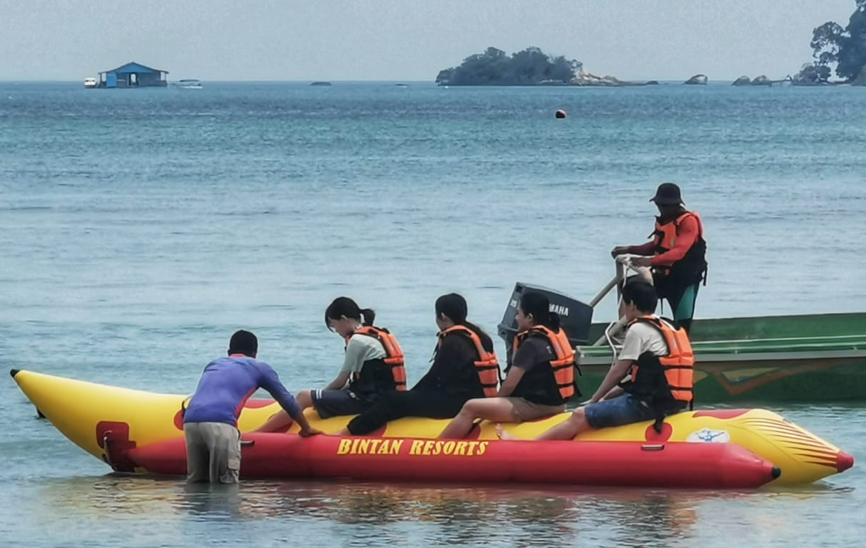August 22, 2025 | 12:43 pm

TEMPO.CO, Jakarta - Greenpeace Indonesia said waste banks are not the key to addressing plastic pollution. Atha Rasyadi, the Head of the Social and Economic Campaign Team of Greenpeace Indonesia, emphasizes that while waste banks do serve a function, their role is limited.
"Waste banks are only a small part of the solution that the government must undertake," said Atha when contacted by Tempo on Friday, August 15, 2025.
Referring to the waste management hierarchy, Atha said Indonesia's priority must lie on upstream reduction and reuse solutions.
The Greenpeace campaigner maintained that not all types of waste can be managed and absorbed through waste banks. "Especially since most waste banks are managed by community groups with limited resources," he added.
Atha emphasized that the more impactful efforts lie in managing organic waste or household litter, as they contribute to almost half of the total waste volume and therefore should be prioritized for handling. "And this fits better with community-based compost management models," he continued.
The success of waste banks should be measured by clear indicators, such as the amount of waste produced and disposed of in landfills. "The presence of waste banks in certain regions must reduce these numbers. From there, we can see their significant impact."
Data from the National Waste Bank Information System (SIBSN) as of February 2025 noted that there are 371 main waste banks and 24,893 units with more than 892 thousand active customers in 447 regencies/cities.
At the same time, Indonesia is among the 145 countries that have adopted an international agreement to end plastic pollution through the Global Plastics Treaty. This commitment emphasizes the importance of systemic transition in waste management, from upstream to downstream.
The government also emphasized that waste banks cannot be the sole solution to addressing the plastic issue, but should be part of an integrated waste management system based on a circular economy.
Erik Teguh Primiantoro, Expert Staff for International Relations and Environmental Diplomacy at the Ministry of Environment (KLH), mentioned that waste banks play a crucial part in the discussions at the Intergovernmental Negotiating Committee (INC) 5.2 in Geneva, Switzerland, on August 5-13, 2025. These discussions refer to The Chair Text of December 2024 and the Revised Chair Text resulting from INC 5.2.
"Waste banks in the context of INC-5.2 become part of waste management, especially related to Indonesia's circular economy," said Erik when contacted by Tempo on Thursday, August 21, 2025.
Editor’s Choice: Waste Bank Activist in Indonesia Complain About Lack of Government Assistance
Click here to get the latest news updates from Tempo on Google News
79 Tons of Waste Collected Around Merdeka Palace After RI's 80th Anniversary Celebration
3 hari lalu

Tens of tons of waste were left behind after the carnival and celebrations for Indonesia's 80th anniversary yesterday.
On Indonesia's 80th Independence Day, 1,800 Officers Are on Standby to Anticipate Waste in Jakarta
5 hari lalu

For several days leading up to the 80th Indonesian Independence Day celebration, sanitation workers have been deployed from morning till night at crowded locations.
GGGI, ADUPI Ink Partnership on Sustainable Plastic Management in Jakarta Summit
6 hari lalu

Plastic waste made up 19.75 percent of Indonesia's total waste in 2024, amounting to 6.76 million tons.
UN Talks on Plastic Pollution Fail to Reach Deal
6 hari lalu

Negotiations aimed at tackling plastic pollution have concluded without an agreement. Countries differed on how ambitious the treaty should be.
Grey Water Pollution Remains Critical in Jakarta's Main Rivers, Study Finds
12 hari lalu

Study found that while 95-98% of black water is treated in five main rivers, most grey water-pollution from washing and cooking-remains untreated.
Indonesia's Marine Affairs Ministry Targets 70 Percent Reduction in Ocean Waste by 2029
15 hari lalu
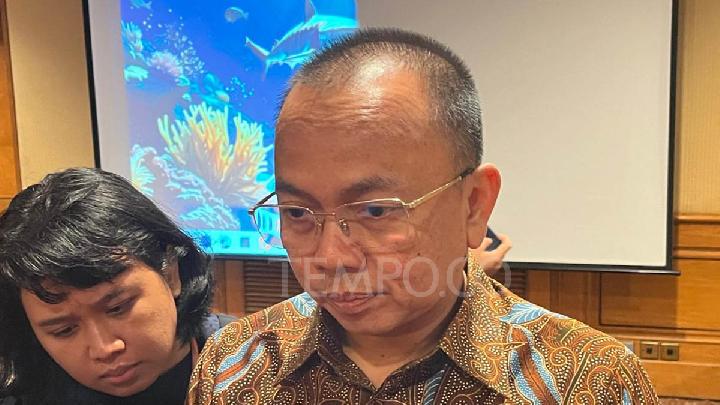
Through this program, the Ministry of Marine Affairs and Fisheries aims to reduce ocean waste by up to 40 percent by 2027 and 70 percent by 2029.
Fish Population Declining in Java Due to Ocean Pollution, Says KKP
20 hari lalu

The Ministry of Marine Affairs and Fisheries stated that the fish population in Java Island is declining due to the abundance of trash damaging the marine ecosystem.
Foreign Tourists Expose the Dark Side of Bali Tourism
22 hari lalu
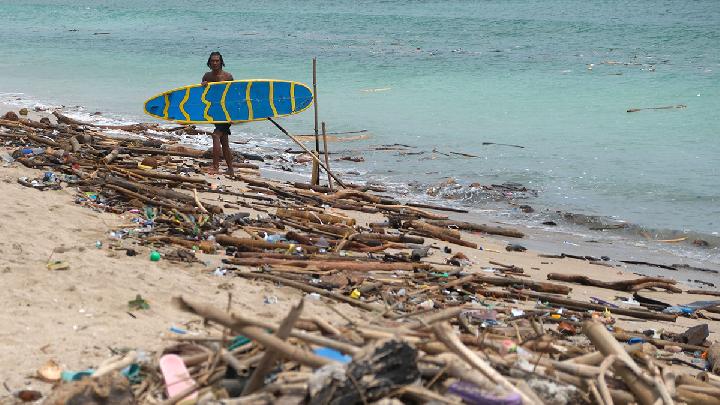
As the number of tourists continues to soar, Bali faces challenges such as excessive waste and chaotic traffic.
Waste Bank Activist in Indonesia Complain About Lack of Government Assistance
22 hari lalu

The presence of waste banks in Indonesia faces challenges such as lack of government monitoring and low community participation.
Indonesia's Microplastic Consumption is the Highest in the World, Here's Why
23 hari lalu
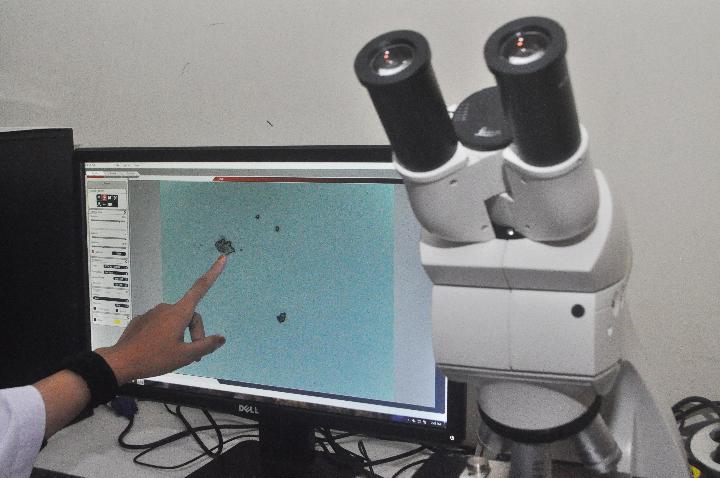
The Nexus 3 Foundation says that Indonesia is the country with the highest microplastic waste production from food waste.

